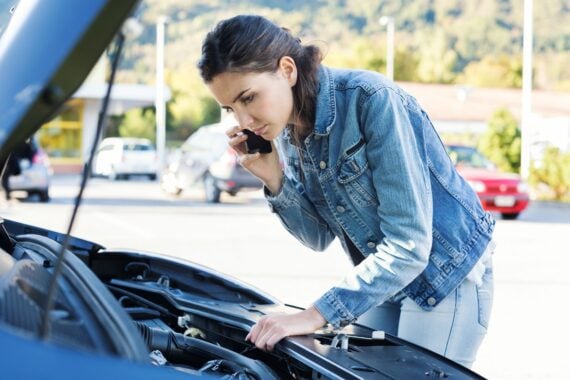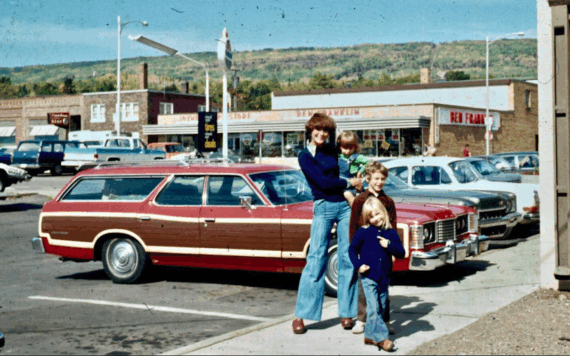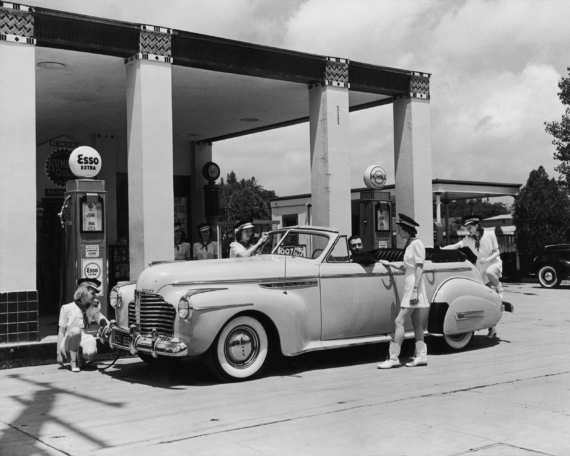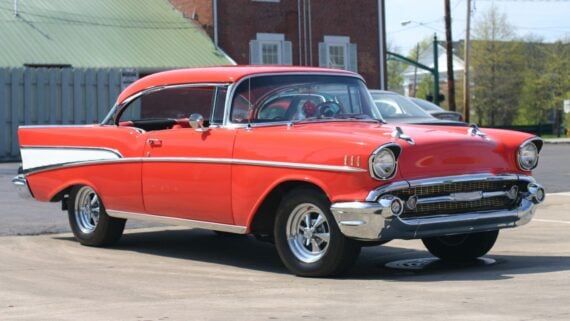Related: Reliable Cars You Can Drive Into the Ground
Unfixable Issues
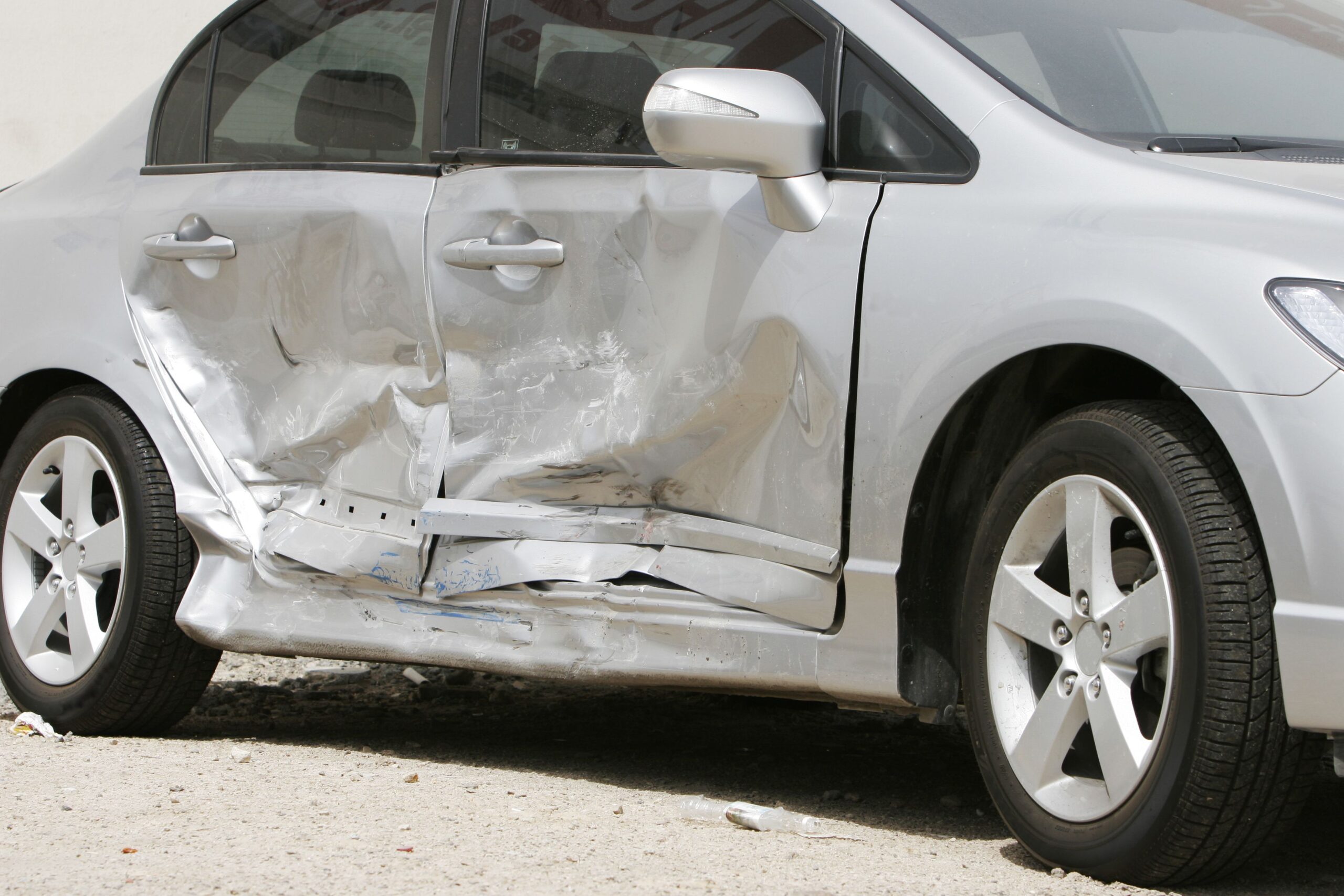
It might be time to abandon your ride when you run into what Arnas Vasiliauskas, chief innovation and product officer of CarVertical, calls “unfixable issues.” These rare repairs are hard and expensive to perform correctly, at least on a permanent basis, and tend to require expansive work beyond the immediate repair. “Sunroof leaks, car frame damage, and door damage are some of the issues that most mechanics won’t even touch,” Vasiliauskas says.
Related: Lies Your Mechanic Has Told You
Poorly-Placed Rust
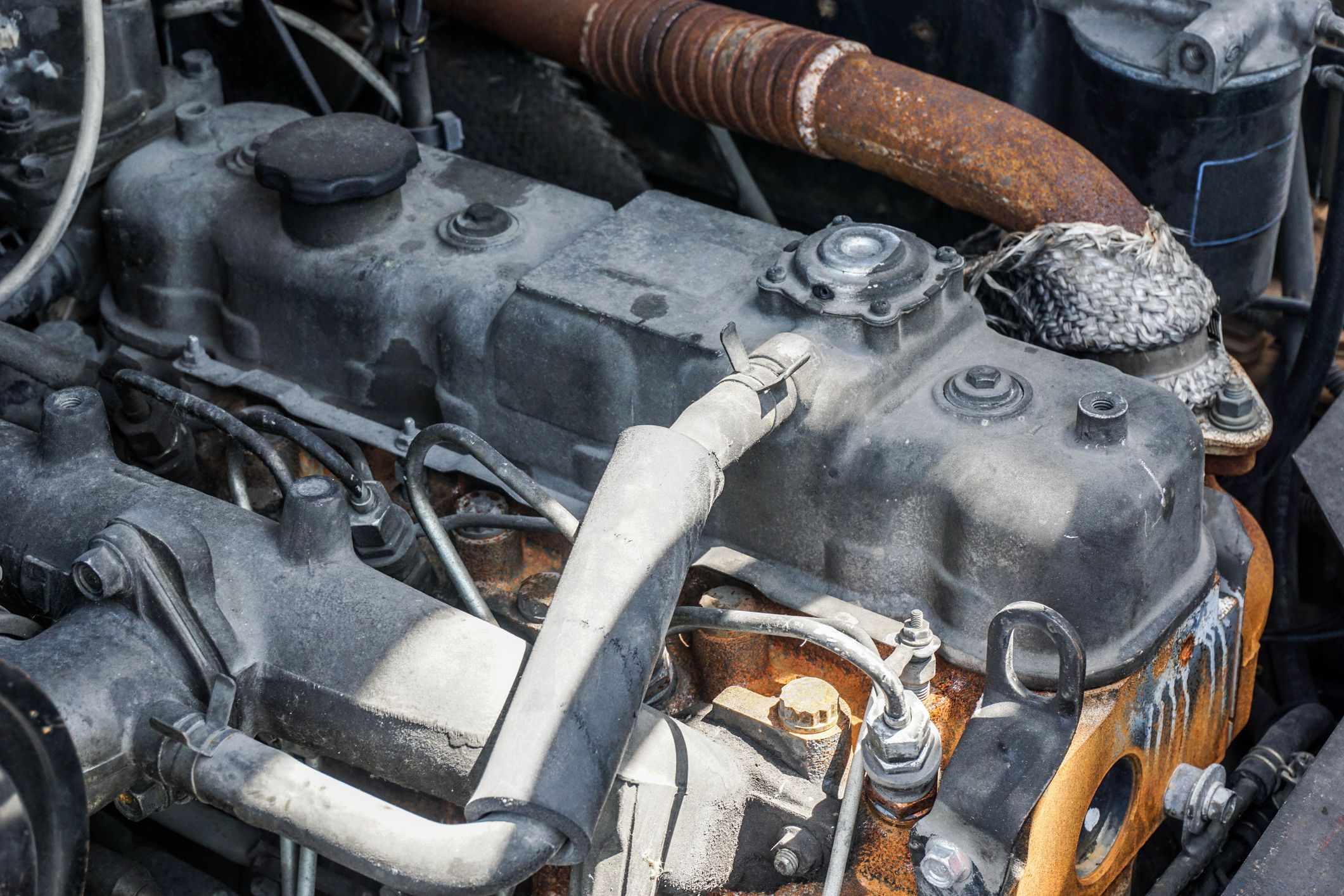
Andy Gregory is the community and PR manager for Heritage Parts Centre, which supplies parts for classic Porsche and VWs. A lifelong car enthusiast, he also writes and edits the organization’s online magazine. He warns of the terminal nature of oxidation when it creeps into a vehicle’s most vulnerable systems. “Serious rust corrosion around engine or suspension mounting points are dangerous to ignore and often uneconomical to repair,” he says.
Grumbling Engine
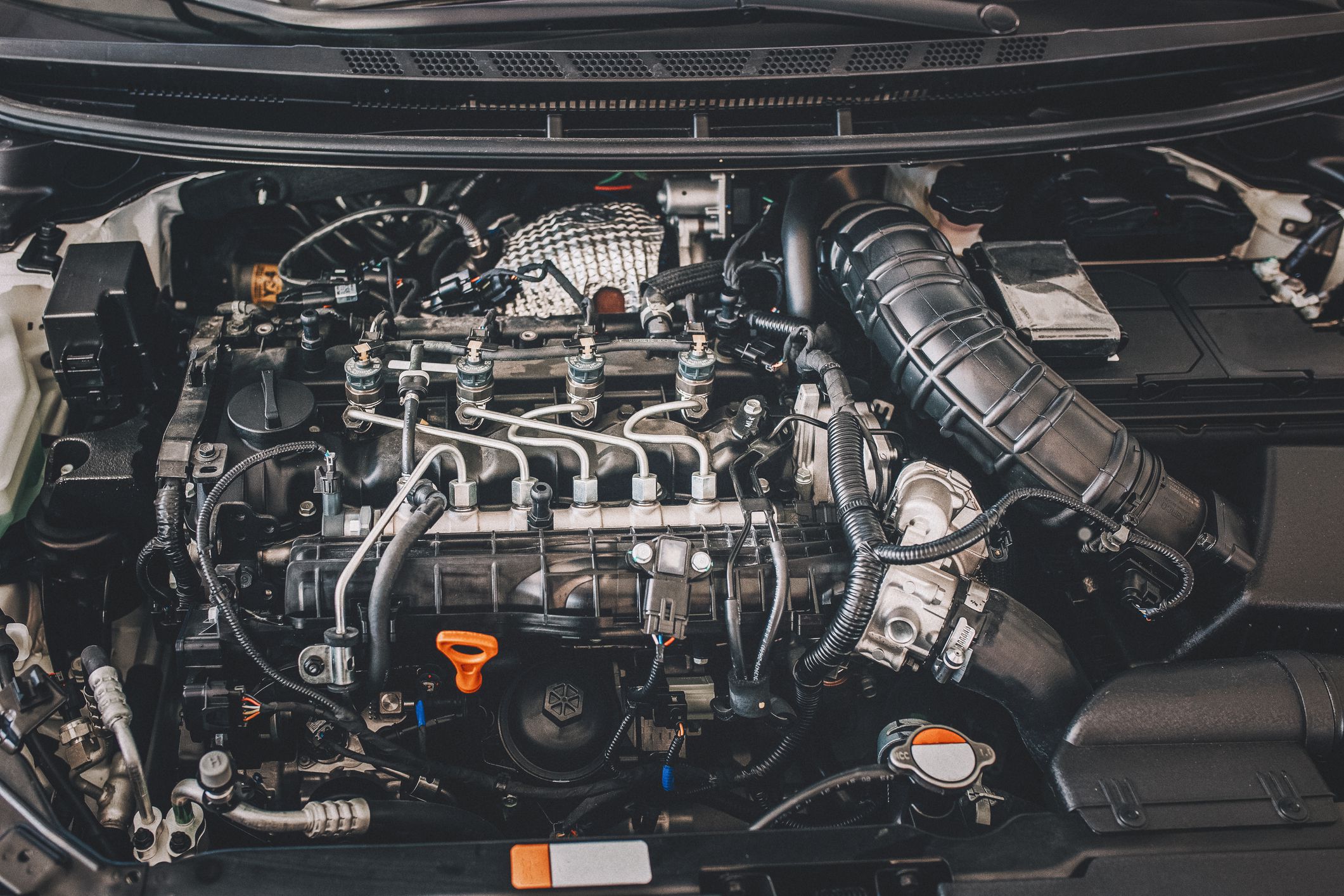
Related: Cheapest Oil Change: Jiffy Lube vs. Valvoline vs. Walmart and More
Oil and Water Leakage
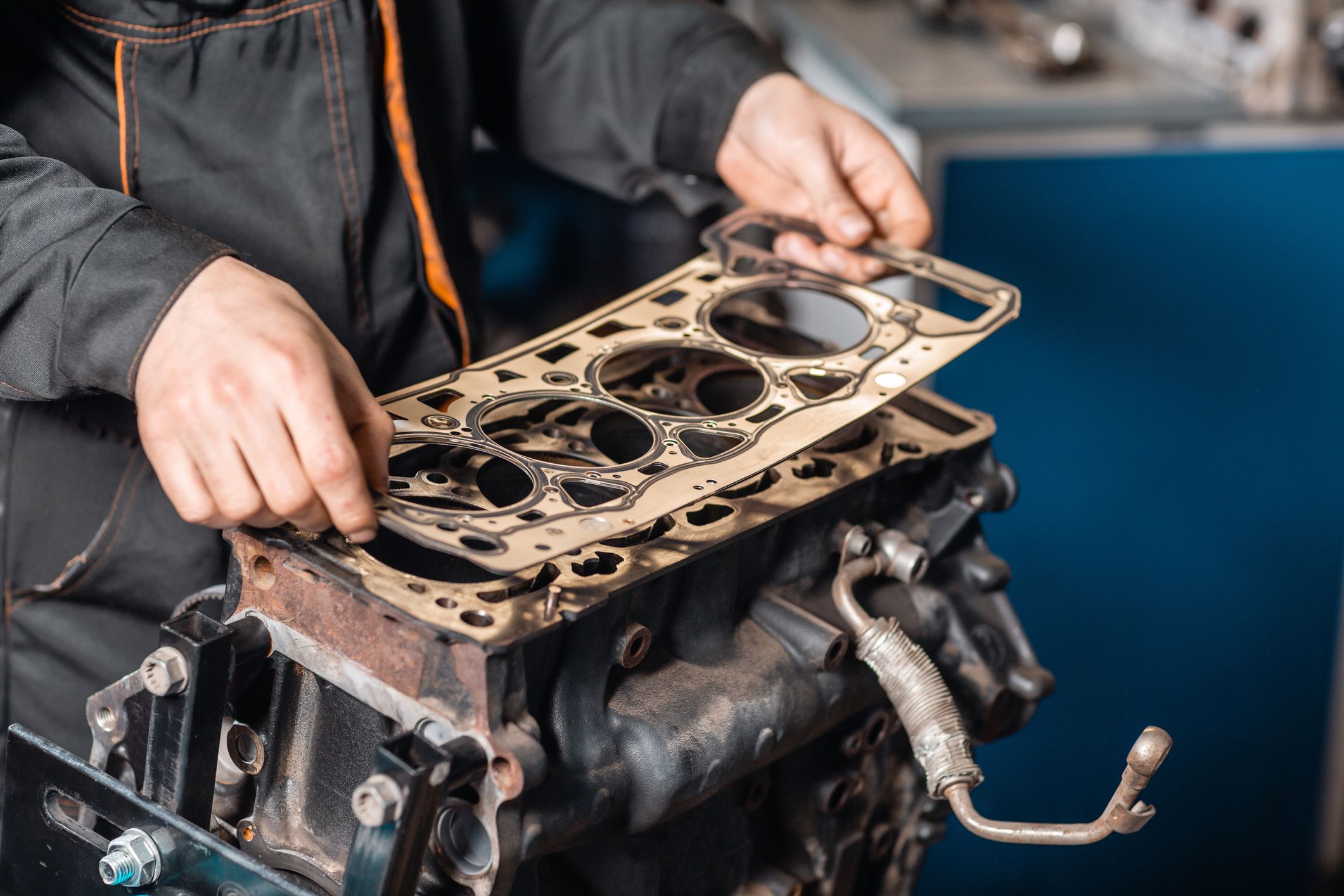
Gregory goes on to describe one of the automotive world’s true doomsday repairs, and one that spells the end for most vehicles. “The head gasket joins the top and bottom part of your engine together and keeps the engine oil and antifreeze apart,” Gregory says. “If this gasket breaks and they mix, you will start to see a creamy mayonnaise — the oil and water coming together — at the top of the engine when you remove the oil filler cap. This is a time-consuming job to fix, as it involves taking a lot of the engine apart and can often result in cars being scrapped.”
Non-Starting
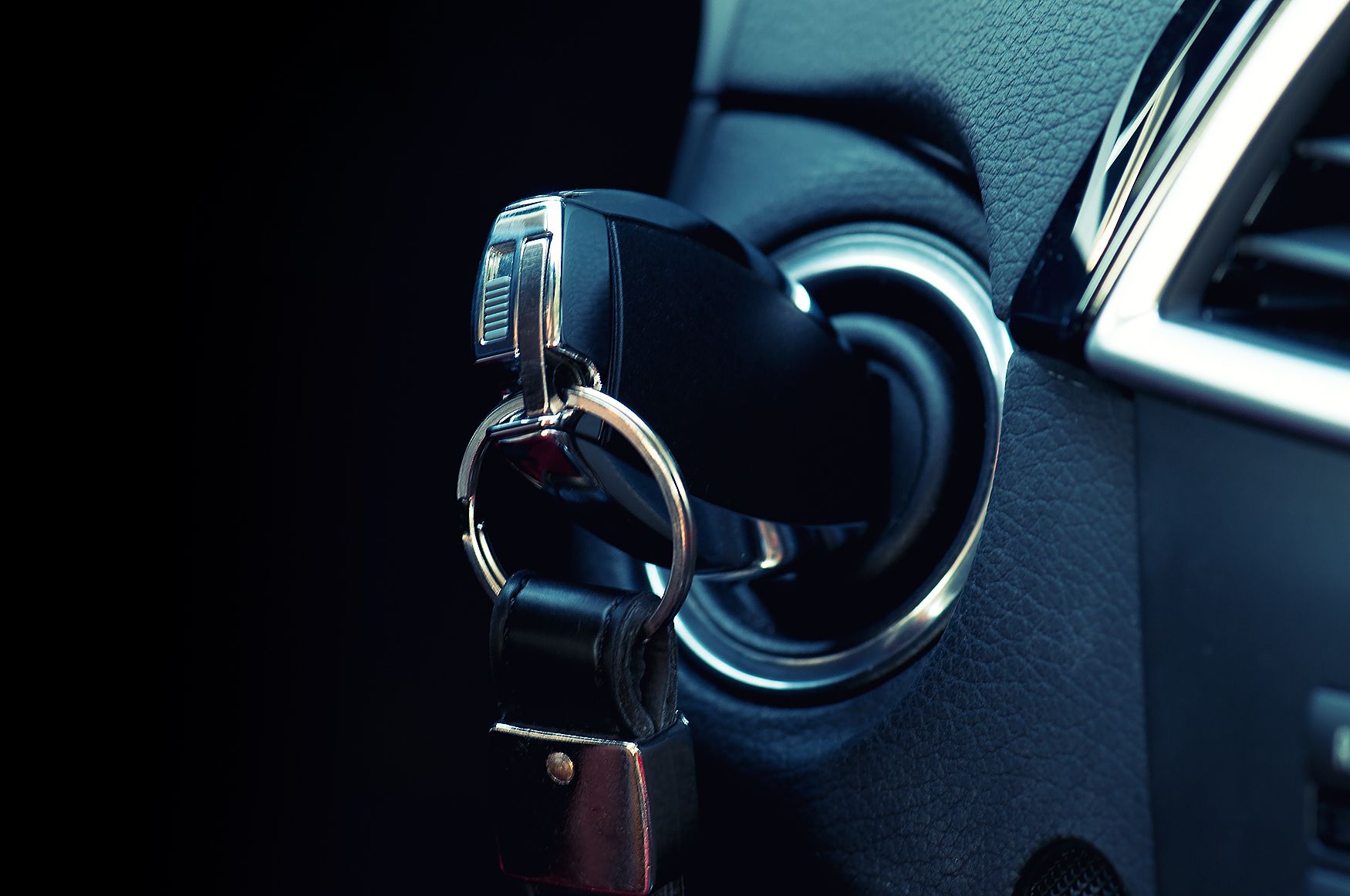
A car is often on its last legs when failure to start becomes a recurring symptom, according to Jerry Wilson, formerly of Complete Auto Guide.”You may turn the key and hear nothing, or the engine may sputter,” Wilson says. “Even worse, the engine may make a loud knocking or clattering sound or not turn over at all. This can be a small fix, but could be the beginning of the end.”
Related: Things to Do to Maintain Your Car When You’re Not Driving It
Trending on Cheapism
Pricey Repairs

It’s almost never a good idea to plunk down more money for repairs than your car is worth, but sometimes, big repairs aren’t worth it even if it’s close. “For example, if you have to replace a transmission at a cost of $3,000 on a car that is valued at $4,000, it may not be in your best interest to shell all of that money out for a new transmission when that money might be better spent toward a newer replacement vehicle,” says Richard Reina, product training director at CARiD.com.
Related: Most Expensive Car Repairs and How to Avoid Them
Obsolete Features
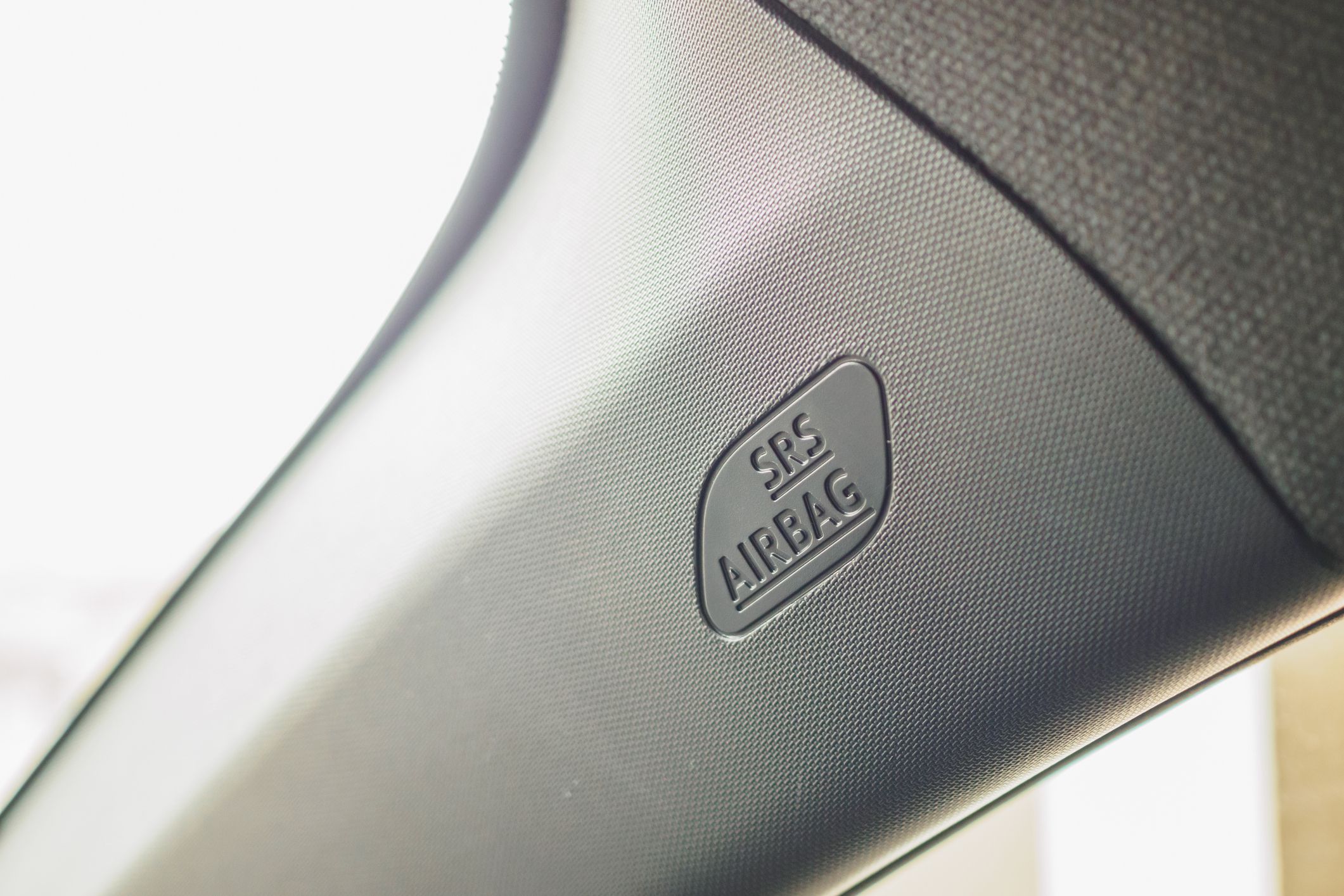
Related: Questions to Ask Before Buying a Used Car
Breakdown Fear
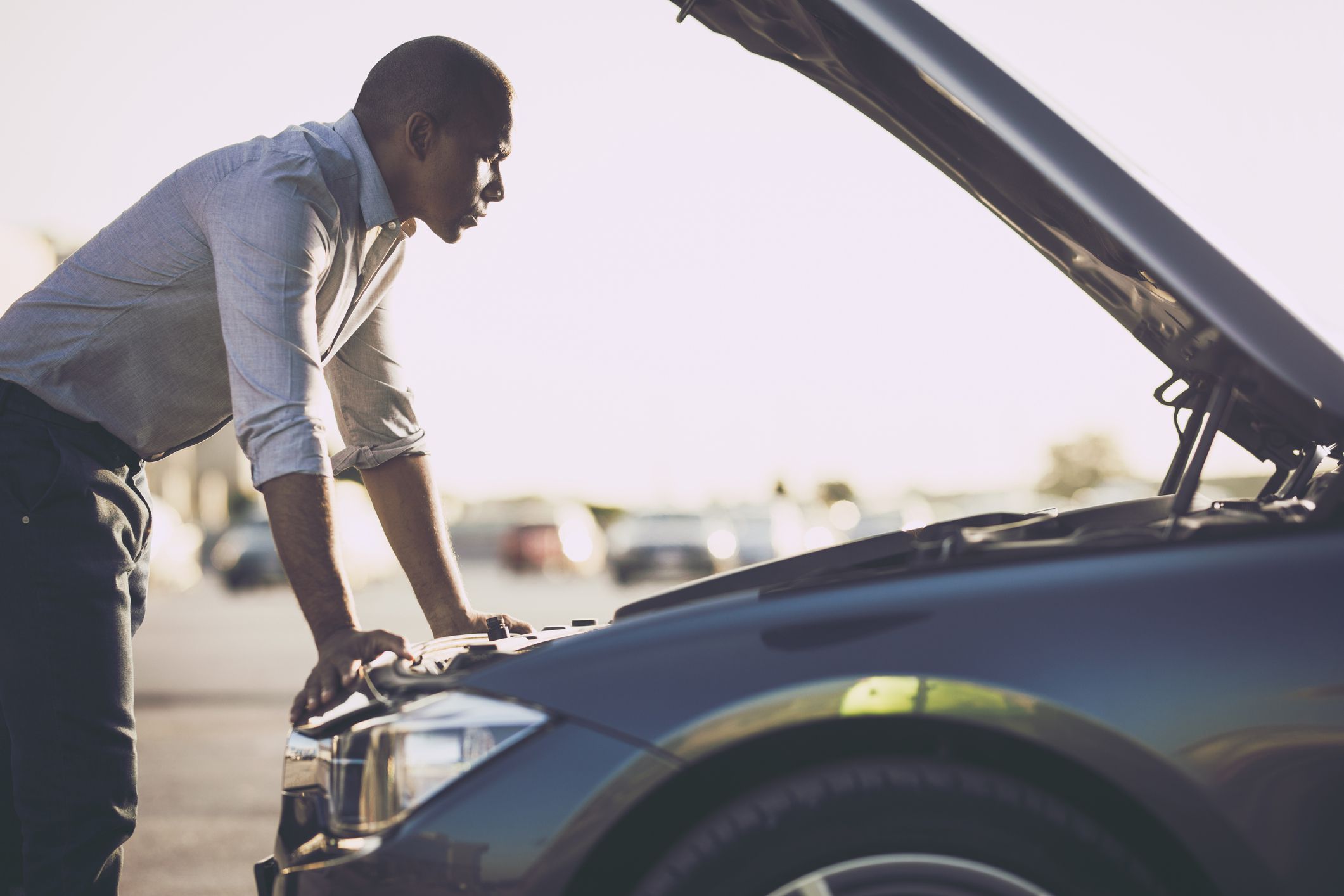
This one is a bit more subjective but can serve as a fairly reliable indicator that a vehicle has neared its end: a bad gut feeling. “If you have constant anxiety that you will break down before making it to your destination, you may want to evaluate getting a more reliable car,” Reina says. “Remember, your car is supposed to make your life and everyday tasks easier. If you can’t make it to the grocery store without the check-engine light coming on or wondering why there is a smell of oil under your hood, it may be time to get rid of it.”
Sign up for our newsletter
Bad Smells

Strange new smells can be harbingers of doom. “A bitter smell could point to an oil leak,” says Jake McKenzie, content manager at Auto Accessories Garage. “Sweet smells could mean a coolant leak and rotten eggs could be your catalytic converter dying out.”
Related: Ways You’re Ruining Your Car and Don’t Even Know It
Leaks
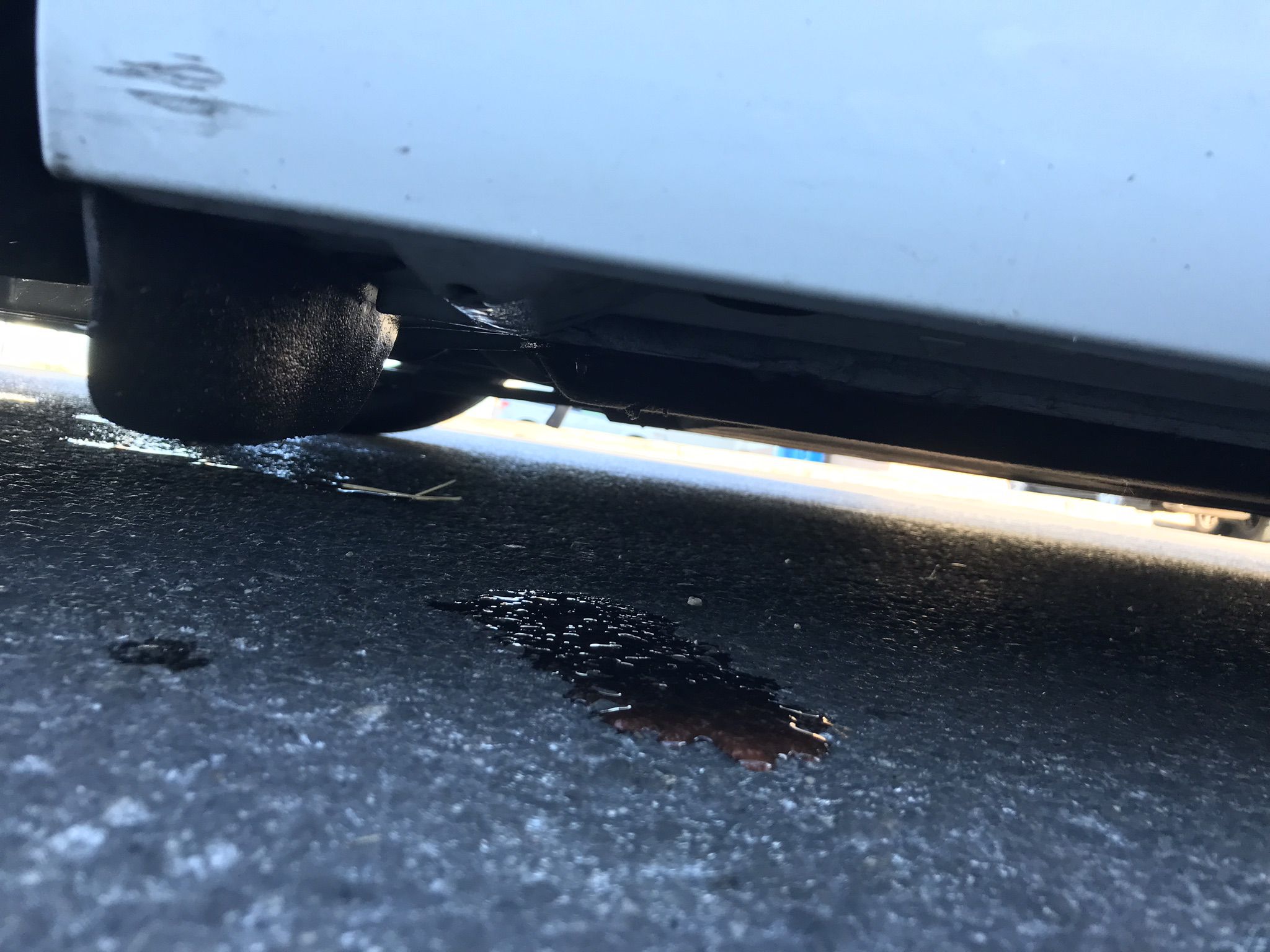
Related: The Spring Car Care Checklist That Could Save You Hundreds
Transmission Failure
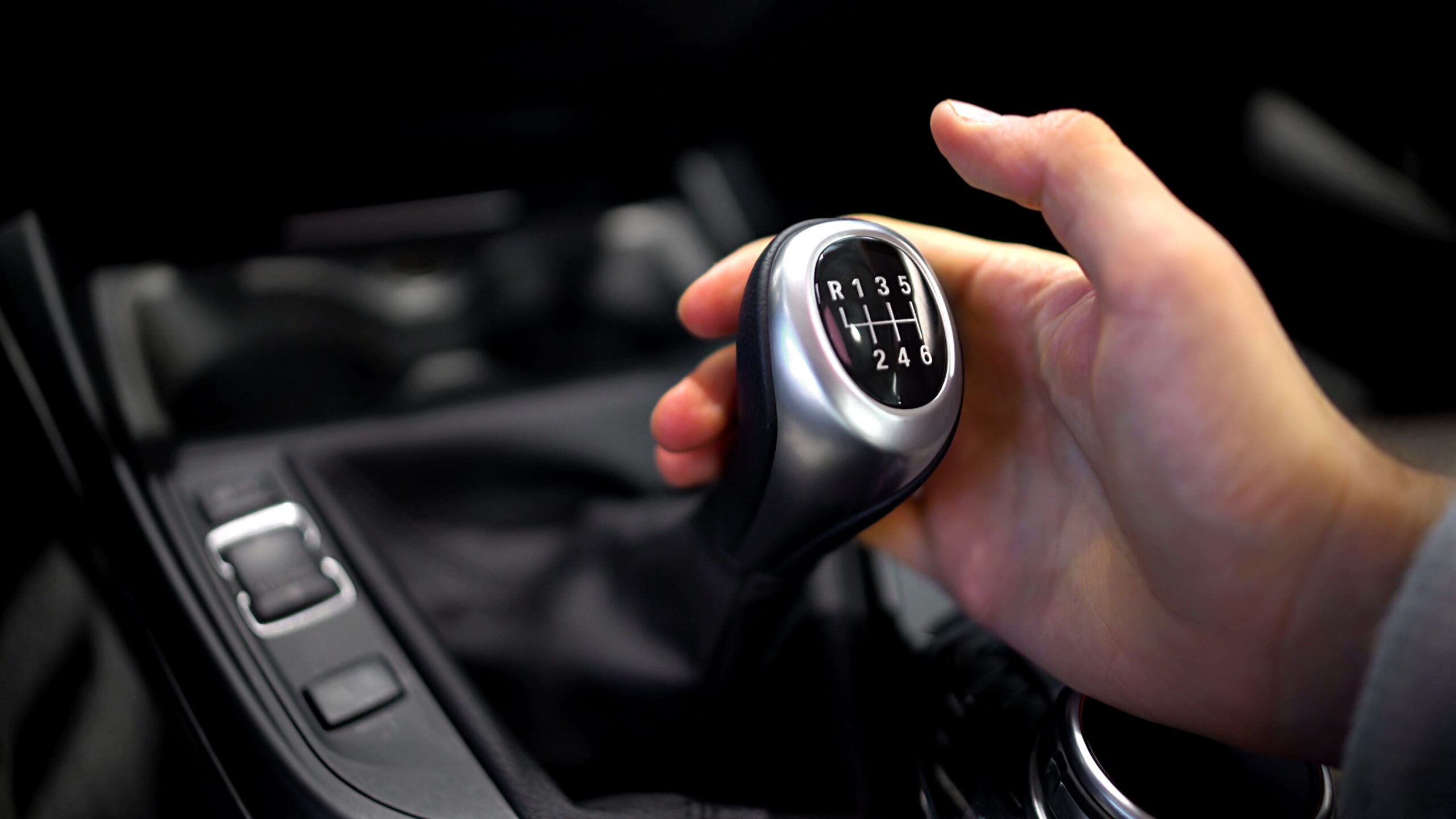
Related: Car Expenses That Are Really Worth the Money
Gas Mileage Decline
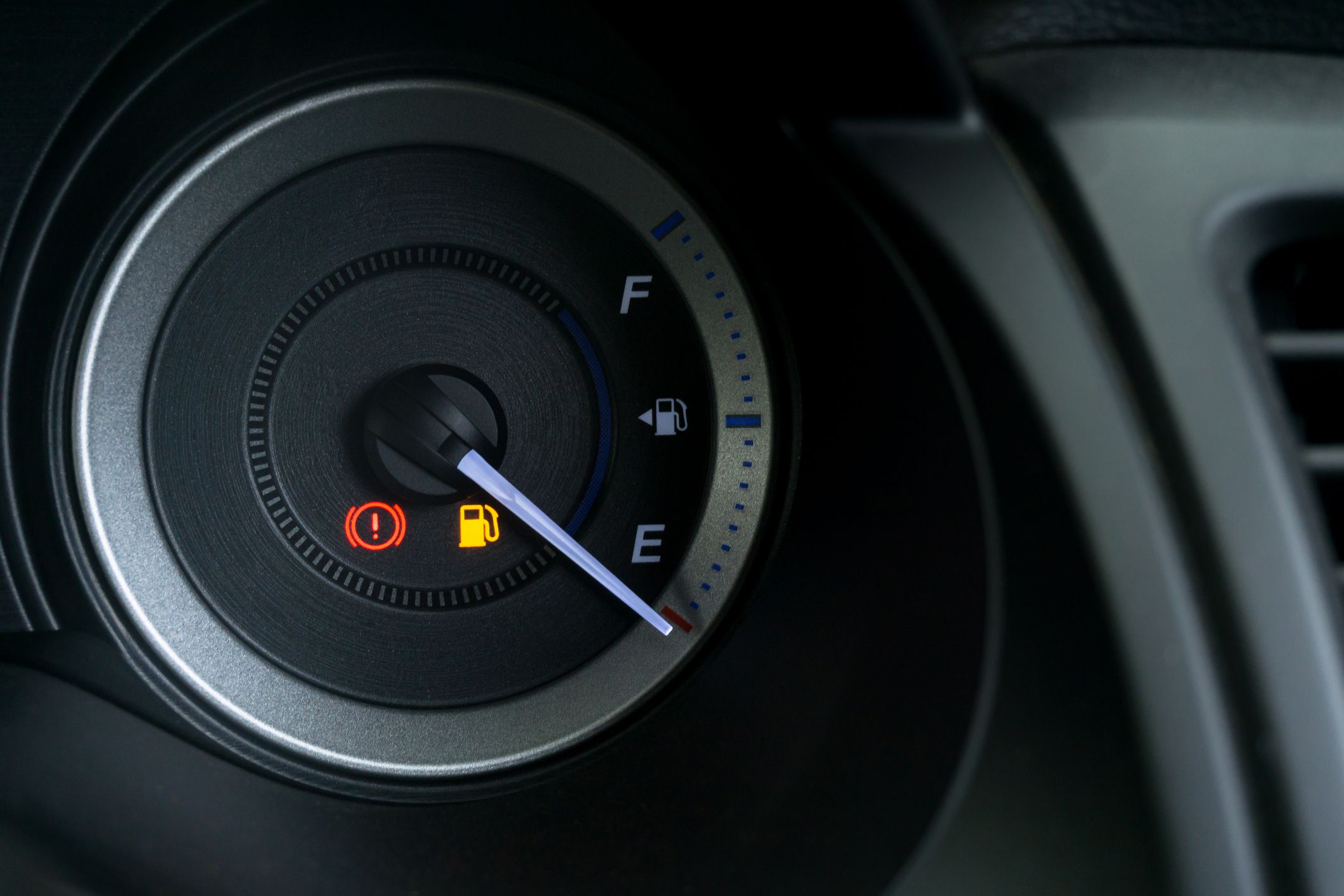
Related: Ways to Get Better Gas Mileage
More from Cheapism:

